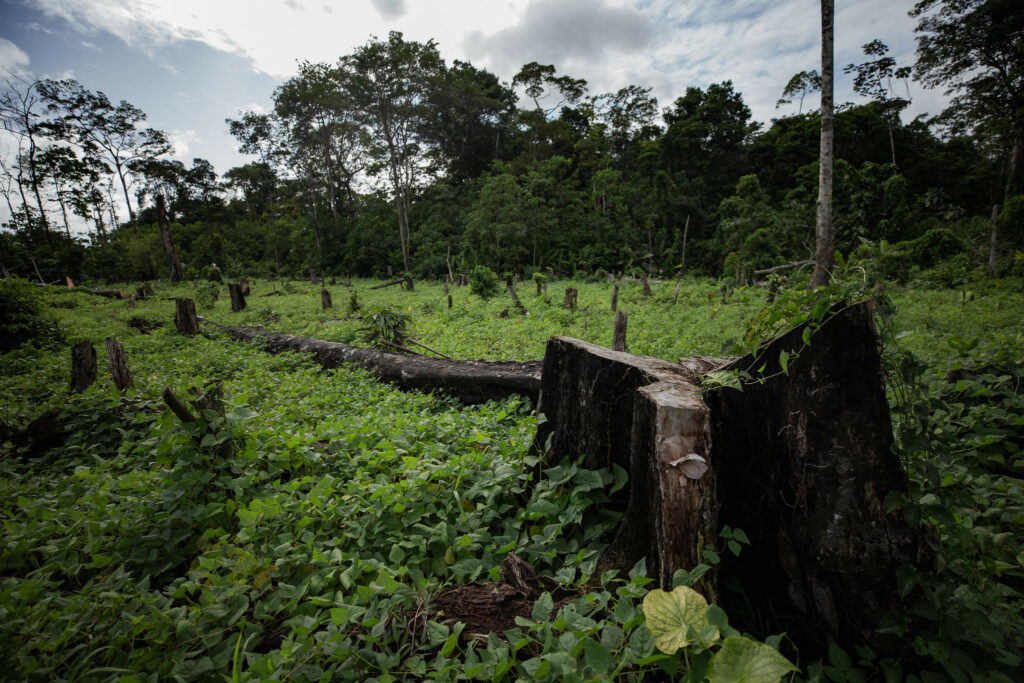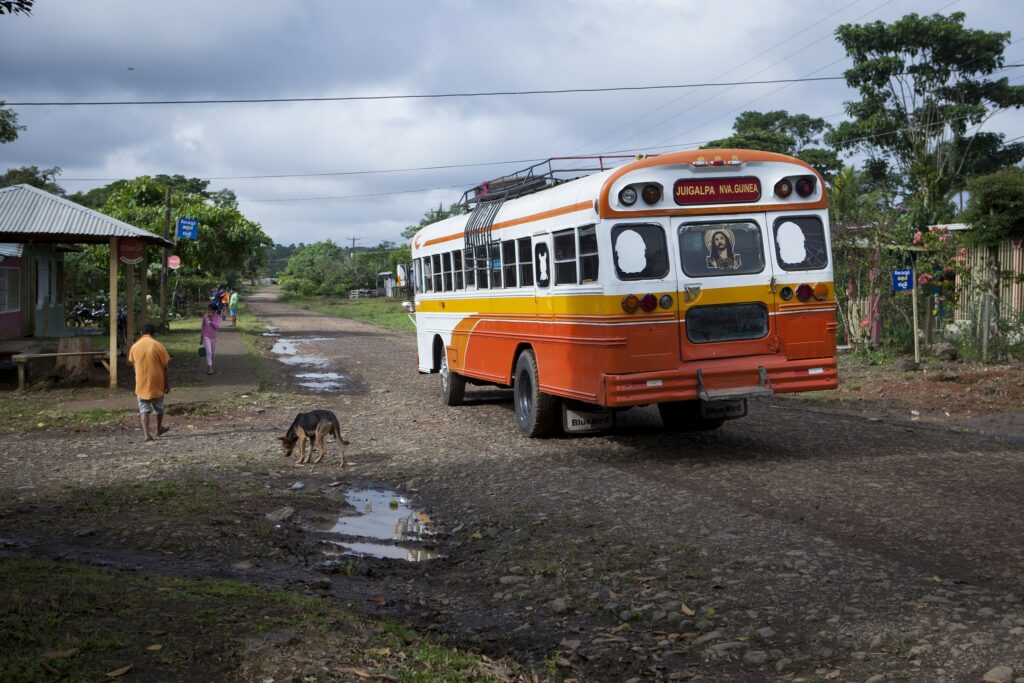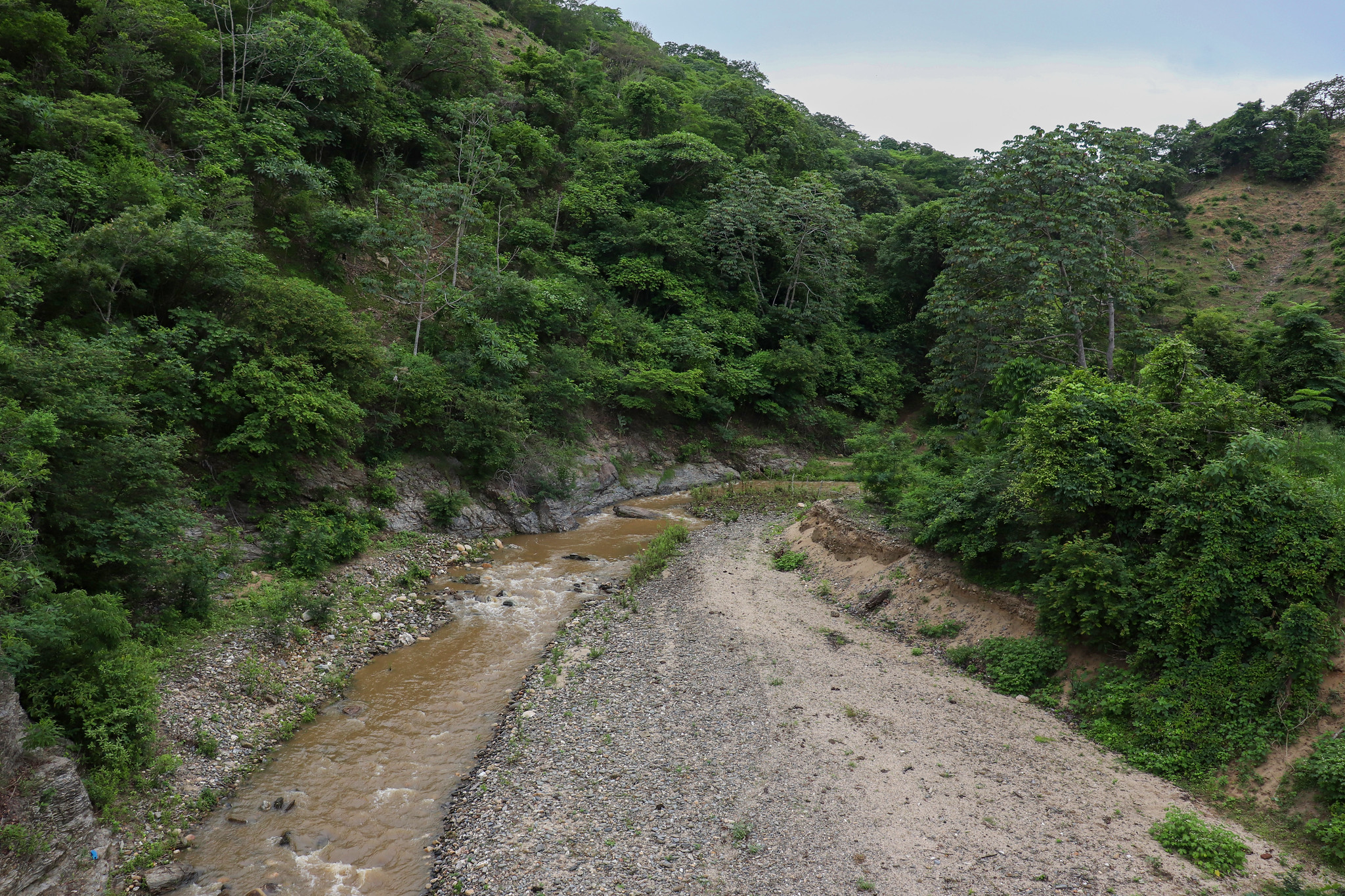The ban on research on flora and fauna of the national territory will have a negative impact on the country’s scientific progress, warns biologist and director of Fundación del Río, Amaru Ruiz.
“This means that there will be no research other than the official version. This is concerning for the scientific development of a country and for technological advancement. Previously, we could compare official studies with the results of independent research for greater objectivity, but now that is forbidden,” explains the specialist.
Since April 16th, the Ortega-Murillo regime has banned any type of monitoring of the national territory’s flora and fauna without prior authorization from the Ministry of Environment and Natural Resources (MARENA), according to Ministerial Resolution 028-2024.
The controlled monitoring now includes everything from simple sample collection to scientific research, analysis, sightings, the installation of biodiversity monitoring infrastructure and equipment, and any other related activity.
This resolution establishes that monitoring of the country’s flora and fauna is the exclusive competence of MARENA, as the sole authority competent to issue environmental monitoring authorizations for biodiversity.
For biodiversity monitoring to be conducted, interested individuals or companies must provide information to MARENA about the monitoring goals, location, participants, deadlines, sources of funding, among other requested data.
Once the “environmental authorization” is obtained, an “environmental certification” must be requested from the Attorney General’s Office (PGR). “Non-compliance with the above will be sanctioned in accordance with current environmental legislation, under penalty of incurring administrative, civil, and criminal responsibilities provided for in the legal system,” the resolution states.
Absolute Control over Research and Researchers

The establishment of this ministerial resolution means control over biodiversity research and will prevent questioning of the official data presented by the state regarding national flora and fauna.
Ruiz asserts that this action not only increases control over research but also over researchers themselves. “Anyone conducting research that does not align with the regime’s guidelines may be subject to sanctions. That’s why they ask for requirements such as who funds you, or the list of participants conducting the research,” he explains.
While it was previously established that various permits were needed for monitoring in protected areas, the new regulation requires these permits for any area of the national territory. “This means having control over all the information generated, which will only go through the official channels without public scrutiny,” indicates the biologist.
Even undergraduate students must seek permission
According to Ruiz, since the resolution does not make exceptions, even university students conducting research related to Nicaraguan flora and fauna for their undergraduate studies and projects will need to get these new permits.
“All ecological programs that conducted research, such as Panthera, foreign specialists who came to conduct research on certain species in Nicaragua, even undergraduate, master’s, or phd students, will have to get permits from MARENA to conduct their studies. According to this resolution, no one is exempt,” he says.
This regulation will also affect non-governmental organizations and companies that conduct biodiversity studies to present projects that may affect the environment, or the implementation of projects that require such research.
“For example, studies are always conducted on the progress of pandemic vectors such as rats, mosquitoes, and research is conducted on the impact these species have on health and ways to combat them. Studies are also conducted on agricultural plantations such as coffee, cocoa, or corn, and ways to obtain better seeds or better fertilizers or, in general, to improve these crops,” explains Ruiz.
With the resolution, forest rangers or community leaders conducting monitoring on their own territories will also have to request permission from MARENA and the PGR.
Ecotourism will be discouraged

The new regulation will discourage ecotourism in the country, which includes monitoring, research, and sighting of native, endemic, or migratory species in the country.
“Bird watching is one of the greatest potentials for tourism in Nicaragua. Biologists, ecologists, or even national tourists commonly observe this species throughout the Central American region, and Nicaragua is one of the most visited countries for this,” says Ruiz.
This even affects private wildlife reserves because if they do not conduct research within the reserves, it will be more difficult to present the tourist attractions these places have, as permits are now required, increasing costs and discouraging tourism.
A new way of raising money
The requirement of authorizations and certifications for biodiversity monitoring will be a new form of taxation for the Ortega-Murillo regime, explains the biologist. These procedures are not free of charge in institutions, although the amounts have not yet been announced.
“The regime has been focused on revenue-generating processes. It started at the municipal level with environmental fines, which are practically becoming another revenue mechanism, as they do with traffic fines. Now there will be costs to get this double certification they are demanding. One certification from MARENA and the other from the general attorney’s office,” says Ruiz.
According to the biologist, the Nicaraguan state does not have the capacity to oversee all the permits that will need to be obtained for biodiversity monitoring and research, and it remains to be seen whether there will be a modification to the regulation.
“We have to see if they won’t backtrack on this regulation, as they did with the medical scholarship. The state does not have the capacity to oversee everyone requesting permission to conduct scientific research. They don’t have the capacity to supervise everything people do throughout the national territory. That’s very ambitious,” he indicates.
“I don’t think they have fully understood the impact that this ministerial resolution can have, even for people who just want to graduate,” he adds.





